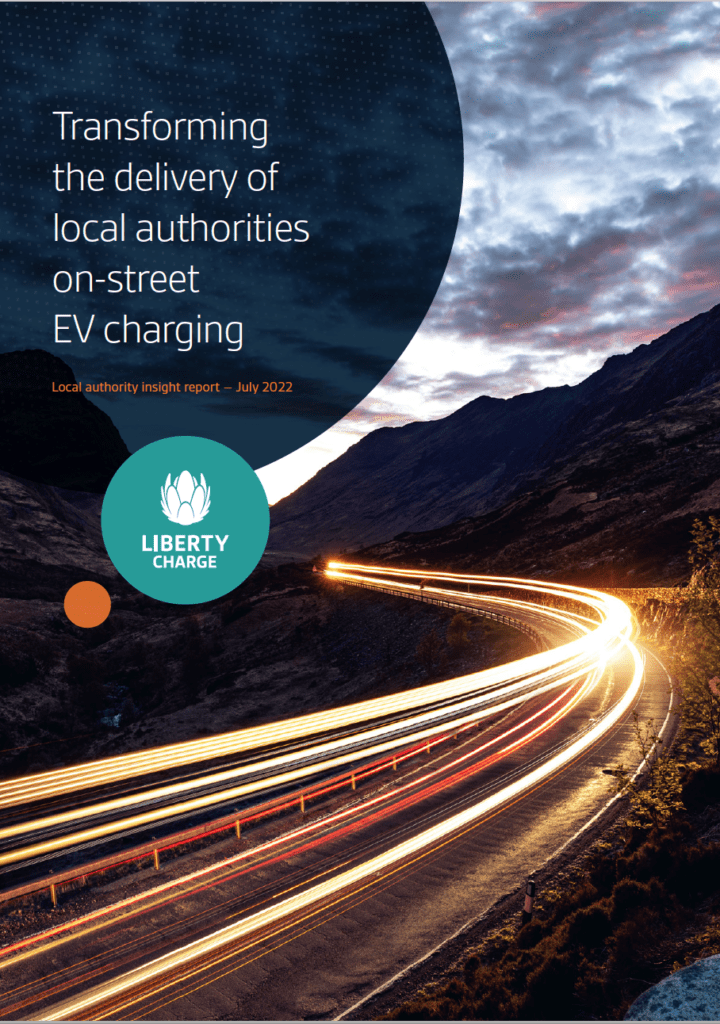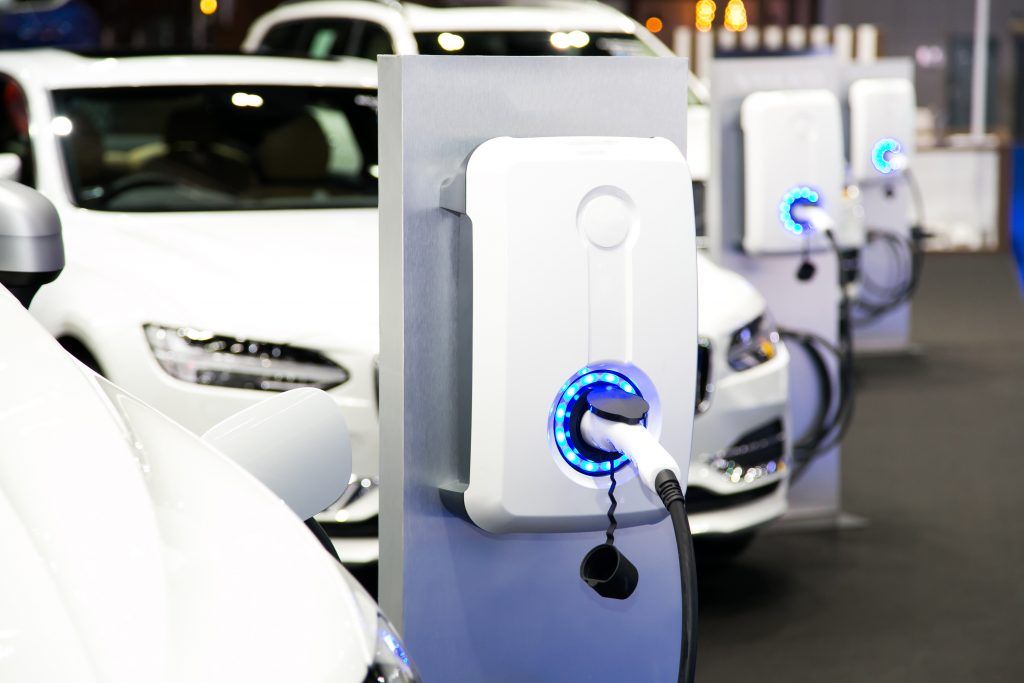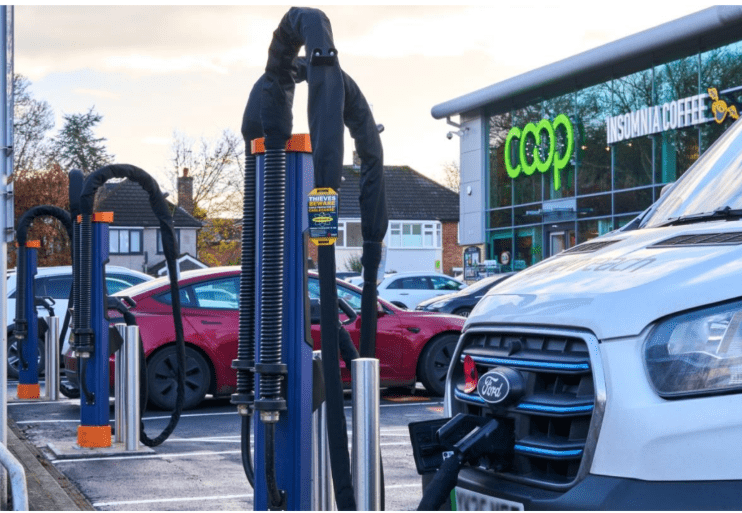A report commissioned by Liberty Charge shows that public spending on electric vehicle (EV) charging infrastructure must focus on Britain’s deprived and rural communities, otherwise the Government may fail to meet both its ambition of at least 300,000 charge points by 2030, and achieve its social levelling-up agenda.
This is the fear shared by three-quarters of local authorities surveyed in the UK, who are concerned that the emerging social inequity and postcode lottery of EV charging will leave many poorer families behind.
To read the full report click here.
Currently, any local authority can apply to the Local Electric Vehicle Infrastructure (LEVI) fund. Local authorities that cover more deprived areas compete for funding on a par with those that cover wealthier regions. However, in these more affluent areas, there is no justification for taxpayer financing of EV infrastructure, as the private sector is ready, willing and able to pick up the cost of installing and maintaining EV charge points. Instead, to ensure a truly national EV charging network and deliver value-for-money for the taxpayer, funding should be ringfenced for local authorities that cover more socially deprived or rural areas.
The research commissioned by public charge point operator, Liberty Charge, found that out of 100 councillors with EV infrastructure decision-making authority, 70% believe Government spending should level up the social inequity in areas not commercially viable for the private sector. A view generally accepted by rural, semi-rural, and urban local authorities.
Some 77% also agree that Government investment should ensure everyone can charge their vehicle regardless of postcode. Of the two-thirds with a formalised EV plan, even more – 80% – agreed.
The Government itself states in its 2022 Levelling Up report: ‘There are stark geographical inequalities between and within our cities, towns and villages…[which]…must be physically and digitally connected if they are to thrive.’
Price inequity is further compounded by the existing VAT differences between on-street and at-home charging. Residents fortunate enough to own a driveway with a home charger, pay 5% VAT on electricity, but the 11 million households that will rely on the on-street, public charge point network, are required to pay 20% VAT. Unless these market distortions are addressed, citizens who currently cannot afford an EV will be slow to switch, and this could stall achieving the UK’s Net Zero target.
Neil Isaacson, CEO of Liberty Charge, says that reducing the distance between the affluent and disadvantaged in Britain is a desirable outcome: “Failure to adequately implement a comprehensive EV infrastructure could widen this country’s social divide and stall the Government’s intentions for decarbonising our roads, achieving Net-Zero and levelling up Britain.”








